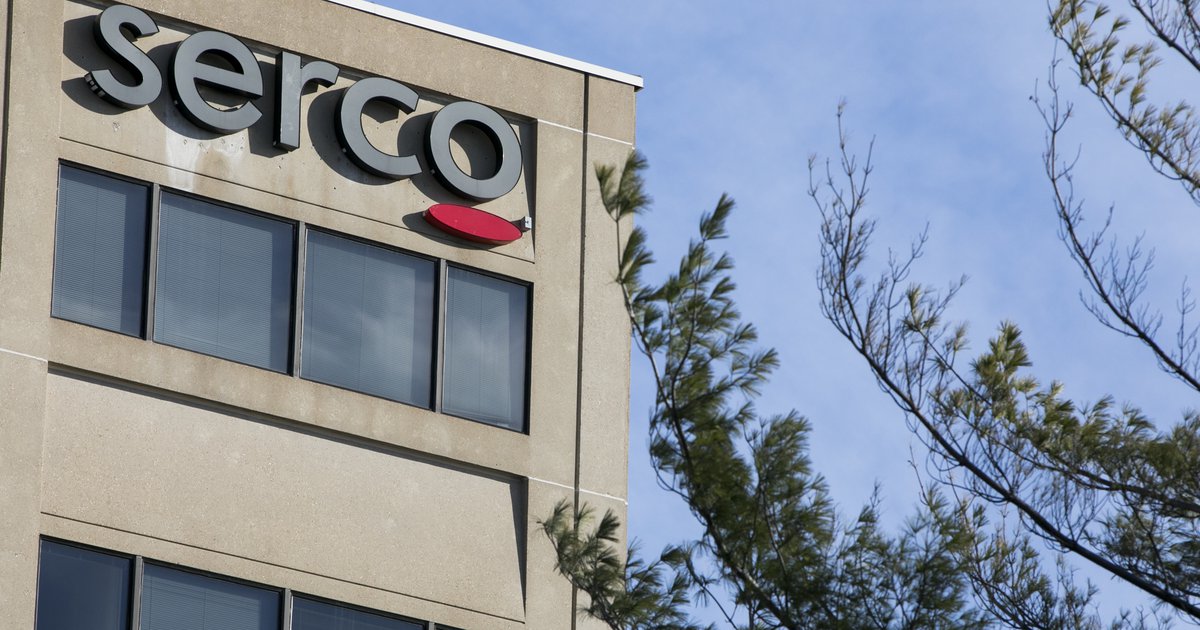Serco lands another £45m for ‘failing’ COVID Test and Trace scheme

Serco’s separate £108m COVID contact tracing contract – the value of which could rise to £432m if it continues through to next year – allows Serco to “refine” its own service level agreements, oversee its own monitoring, and also rules out automatic penalties for underperformance.
A former senior government civil servant and procurement expert told openDemocracy that the terms of this deal seem to “completely unwind the kind of rigour they wanted to introduce a few years ago, which was triggered by Serco’s own behaviour [in the wake of a separate scandal over a prisoner electronic tagging scheme].”
“Basically the statement they’ve made, is ‘we think we’re buying this, but we don’t really know, so maybe let’s have a chat about it.’”.
The contract also requires Serco to act ”in good faith”. The expert told openDemocracy that having this form of words in a contract was highly unusual. “Contracting is meant to be really precise and watertight... would you trust Serco to act in good faith, given their track record?”
“Particularly with Serco, one of the offenders, the idea that you would try to contract with them in good faith is astonishing.”
Serco has been involved in a number of high-profile controversies in recent years. Late last year the firm signed an agreement to escape prosecution by the Serious Fraud Office over a notorious prisoner electronic tagging scheme run by its subsidiary, Geografix. A long-running investigation found that Geografix had engaged in fraud and false accounting, inventing half a million pounds worth of costs which were “complete fabrications”. Serco has had to pay the government almost £100million in fines, compensation and legal costs as a result of its subsidiary’s behaviour. The outsourcing giant also admitted giving false data to the NHS when it ran a large GP out of hours contract.
A Serco spokesperson told openDemocracy that both events took place before 2013 and since then the company had undergone “complete change of its management and significant reform of all its governance and procedures”.
However in 2019, Serco was fined almost £3m by the Home Office for contract failures relating to its provision of housing for asylum seekers in Scotland and Northern Ireland, raising what a senior MP called “serious questions” about transparency.
Information about the fines – which the government says were not “fines” but “financial deductions” – only emerged after a lengthy Freedom of Information battle. Serco said at the time that after a “very difficult service transition six years ago… service performance improved [since 2016], with KPI service credit penalties significantly reduced.”
Secrecy and close ties to senior Tories
Until now, the scale of Serco’s involvement in COVID test site provision has not been made public. The Guardian reported back in April that Serco, along with Sodexo, had some involvement in test site provision, and Serco’s website states that since the start of the crisis “our 2,000-strong team has subsequently delivered tests across 25 fixed and 64 mobile sites.”
A Serco spokesman has now confirmed to openDemocracy that they operate 30% of COVID test sites. openDemocracy understands that the rest are operated by Sodexo and G4S, with support from Mitie, Boots and the army. Serco also stressed that other firms provide other aspects of the testing programme including test kits, laboratories, and booking systems. Deloitte – which has already faced criticism for its involvement in the scheme – is responsible for the overall management of the testing programme, but not the on-the-ground delivery.
Serco also holds two further COVID-related contracts totalling nearly £100million: a Department of Work and Pensions helpline for people shielding, and assistance with a business helpline.
The scale of Serco’s involvement in the COVID response has attracted controversy because of the firm’s close ties to senior Conservatives. Health minister Edward Argar was formerly head of public affairs at Serco, while the company’s chief executive Rupert Soames is the brother of former Tory MP and party grandee Nicholas Soames.
Jon Ashworth, the shadow health secretary, told openDemocracy: “The testing fiasco is a direct result of long standing Tory cuts to public health and their dogmatic obsession with outsourcing. Instead of throwing money at these private firms with abysmal track records they should have invested early on in public health, primary care and NHS labs to build an effective testing and tracing service. These failures mean infection rates are now rising and we’re on edge of losing control of the virus.”
At time of writing, openDemocracy had not received a comment from the Department of Health.
tinyurlis.gdclck.ruulvis.netshrtco.de
